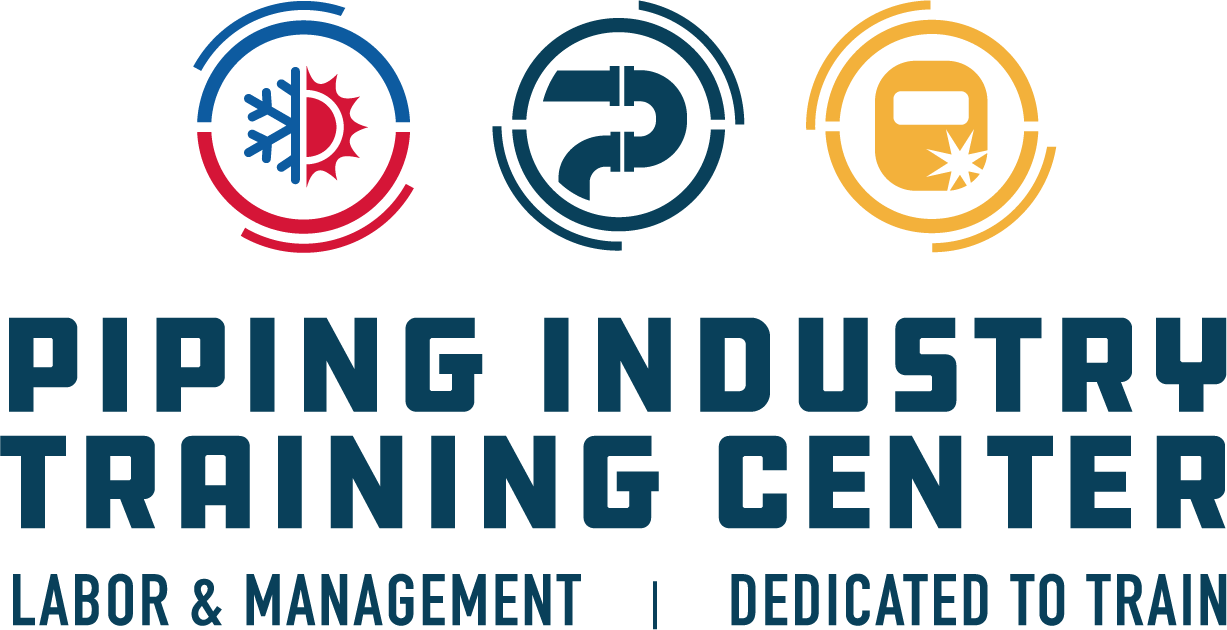When temperatures drop below freezing, it is very important to protect your home from the elements.
Homeowners are held liable for any damages caused by pipes freezing or even bursting. Within minutes of a pipe burst, water can travel from upstairs to downstairs, damaging the floors, walls, insulation, and structural integrity of your home.
To prevent pipes from bursting, follow these simple steps to winterize your pipes:
Step 1 – Disconnect all garden hoses.
- When water freezes inside (or bursts) a hose, it can cause serious damage not only to the hose itself, but also to the interior pipes.
- Insulating pipes and faucets is important to prevent pipes from freezing. This especially pertains to exposed pipes located in areas where they are more susceptible to colder temperatures. The pipe insulation should be a vapor-impermeable foam such as polyethylene or fiberglass. Insulating your pipes and plumbing should not be attempted without first consulting an expert. To insulate outdoor faucets, you may purchase an insulated foam cap at your local department store.
Step 3 – Locate master shut-off valve.
- Locate the master shut-off valve in case a pipe bursts in the house and causes flooding.
Step 4 – Leave faucets at a drizzle of waterflow.
- Indoor faucets and pipes that are more susceptible to freezing should be kept on to a drizzle of waterflow. This eliminates pressure that can build between the faucet and an ice blockage, so even if a pipe freezes, it may not burst.
Step 5 – Open cabinet doors.
- On especially cold days, it is a good idea to leave the cabinet doors to your sinks open; this will allow air circulation to prevent your pipes from freezing over.
Step 6 – Turn off water if gone for an extended period of time.
- When leaving home for an extended period of time, it is best to take precautions by turning off the water and draining all pipes.
Taking these preventative steps each winter could save you from paying thousands of dollars in damages. Thawing your lines is not a matter to be dealt with lightly.
In the unfortunate event that your lines do freeze, it is imperative to call a qualified industry expert. There are numerous contractors out there who are unqualified and untrained in industry standards. To find a highly skilled contractor who works exclusively with the Piping Industry, click the following link – Find a Piping Industry Contractor.
Topics: Health and Safety, Plumbing Tips, Winterize, Homeowners, Piping Industry, Plumbing and Pipes

